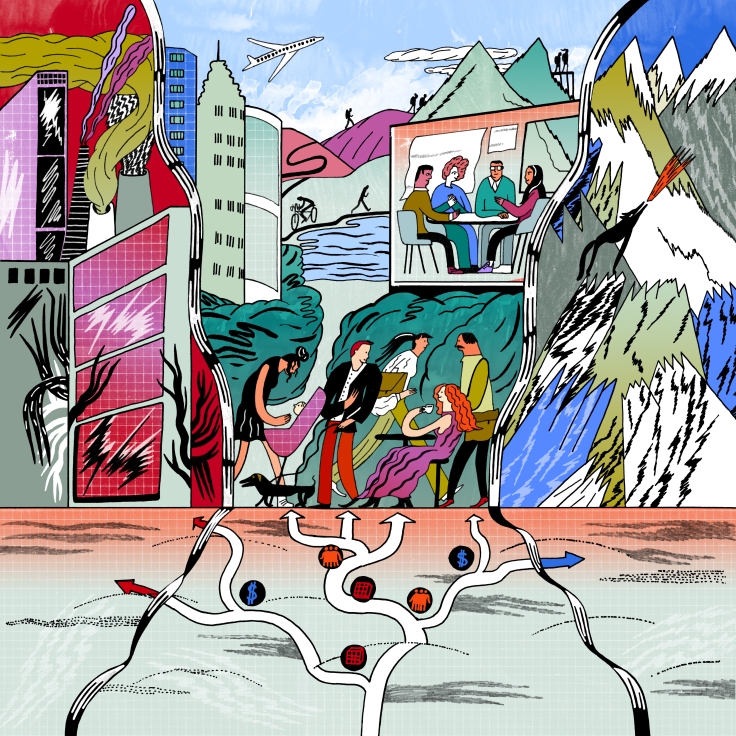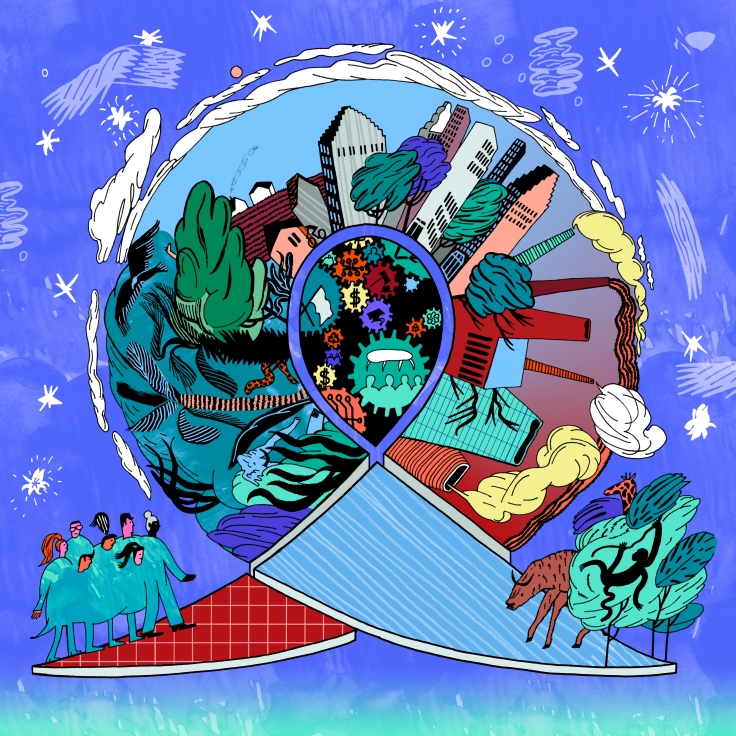Elba is the largest island of the Tuscan Archipelago and the third largest one in Italy. Its terrain is very diverse, with the eastern and western areas being largely mountainous and most of the large cities concentrated in the central flat; some 31 309 permanent residents inhabit the seven communes of the island.
One of the most outstanding issues concerning the island’s physical and social environment is mass tourism, heavily concentrated in the three summer months. During this time, the percentage of tourists visiting Elba rises to 80% of the island’s inhabitants, dramatically changing the social-economic landscape.
That kind of tourism concentration over just a fraction of the year creates significant pressure on the island’s physical environment. The large numbers of visitors bring along many challenges in terms of the increased waste management demands, pressure on infrastructure, sound pollution, and a significant increase in water consumption during the tourist season. Furthermore, the social-economic challenges include the fragmentation of land, which complicates possible investments for new farms and housing access for locals with high food and service prices. Also, there are additional problems related to renting; owners leave houses empty for the winter period to rent them to tourists in the summer, not providing enough housing options for residents as a result.
The mass tourism issues in Elba are strongly linked with injustice, power, and inequity. Since tourists come to the island mainly to enjoy its stunning landscapes and natural beauty, these social injustices are grounded in the environmental justice arena; they are executed and conceived in ways that both the newcomers and the local governments exploit in the social and physical space at the expense of locals.
To understand the context of environmental justice issues concerning Elba’s mass tourism and the vast scale of injustices caused by it, Department of Agriculture, Food and Environment (University of Pisa) and the Department of social-ecological analysis (Czech Globe) conducted pilot research in May 2023 to investigate the main themes concerning the above-mentioned issues among key island stakeholders .
Coordinated by Dr Daniele Vergamini, we went into the field with Luciano Pagano and Alessandro Orsini to spend time among Elba’s organic farmers, winemakers and environmentalists, and to talk with them about social justice issues concerning mass tourism and its impact on the island’s physical and social landscape. We planned to map these injustices and inequalities and to determine which topics are, from the perspective of the key stakeholders, the most important ones. We also wanted to determine the potential suggestions for change.
The problem indicated by the stakeholders was mainly the change of the island’s social structures itself, which concerns the disruption of everyday patterns: insufficient public transportation, excessive car traffic and the associated air, environment and sound pollution, limited land access and trouble finding (and keeping) appropriate housing options for locals since. This cause of this is that most of the above-mentioned areas became extensively oriented towards the needs of tourists over the last couple of years. Unsustainable use of land alongside fading agriculture and loss of farmland were mentioned as the main drivers of negative social changes. Loss of agriculture also leads to the degradation of the land and landscape, which paradoxically attracts even more tourists.
Together with our Pisa colleagues, we are writing a paper addressing the environmental justice issues in the Elba context. It will address all the above-mentioned issues and some possible suggestions for how to begin the just transformation processes. The paper is planned to be submitted in early 2024.













Leave a comment